Is Kenya Safe for Tourists in 2026-2027? Your Travel Safety Guide
(Is Kenya Safe for Tourists?), Generally Kenya is a safe country for tourist however like all other countries; it has its share of crime that can be easily avoided. A safari to Africa without a visit to Kenya isn’t a safari. The astonishing beauty of the country can be witnessed on Kenya Safari adventures. It’s the lone acacia silhouetted on the savanna against a horizon stretching into eternity. It’s the snow-capped mountain almost on the equator and within sight of harsh deserts. It’s the lush, palm-fringed coastline of the Indian Ocean, it’s the Great Rift Valley that once threatened to tear the continent asunder, and it’s the dense forests reminiscent of the continent’s heart.
In brief, Kenya is a country of epic landforms that stir our deepest longings for this very special continent, Africa. Let Car Rental Safaris Africa help you explore Kenya’s breathtaking beauty. Find out More Here
(Is Kenya Safe for Tourists), Generally, crime is not an issue in Kenya’s game parks and reserves. Although the bush is home to plenty of dangerous animals, it’s easy to stay safe by simply following park rules and regulations and always listening to your guide. Basic tips for safe travel in Kenya’s national parks include staying in the safari vehicle at all times (unless you’re told that it’s safe to get out or on a nature walk) and checking shoes for venomous spiders and scorpions before putting them on. Don’t feed wild animals if they approach you at campsites, you’re only encouraging aggressive behavior.
While in cities like Nairobi however, travelers are advised to practice street smart. Avoid travelling alone at night, respect their sense of clothing and when using your camera wrap the strap around your hand. There incidences of snatch and grab in Nairobi, but physical violence in not usual.
Is it safe to self-drive in Kenya? Is Kenya Safe for Tourists
There is no need to hesitate to opt for a Self-drive safari to Kenya today. By East African standards, the road conditions in Kenya are good especially in the cities like Nairobi. Several safety precautions have been developed in order to improve on the safety of self-driving travelers’ in Kenya and these include the following;
- Excessive speed is the main cause of all accidents, self-drive camper vehicles are not designed for speed.
- Travelers are always advised to wear a seat belt, which is a law and aims at protecting traveler’s lives as well as other road users.
The other precautions for all travellers to Kenya include;
- Don’t walk around with jewelry, high-value electronics, or other indicators of wealth. Carry the minimum amount of cash you need and consider bringing credit cards instead of ATM cards.
- Bag-snatching is common, whereby a thief on a motorbike or in a car drives close to the sidewalk and seizes bags from unsuspecting tourists as they pass. To prevent this, keep your distance from the road, always walk towards oncoming traffic, and, if you must carry a bag, keep it loosely over the shoulder furthest from the road.
- If you’re headed to the coast, avoid walking on secluded beaches alone. Even if you walk in a group, consider leaving your valuables at home.
So, Is Kenya Safe for Tourists? Yes! Kenya is not dangerous to tourists and can be visited all year round with tours to the popular world natural wonder sites like the Masai Mara that hosts the great wildebeest Migration
Health safety guidelines for visitors to Kenya
Health-wise, The Centers for Disease Control and Prevention strongly recommends typhoid and hepatitis A vaccinations for most visitors to Kenya. Your doctor may recommend a number of other vaccinations as well depending on which area of the country you’re traveling to and what you plan on doing while you’re there. These include cholera, hepatitis B, rabies, and yellow fever. If you plan on traveling to Tanzania from a country where yellow fever is endemic, you will need to prove that you have been inoculated against the disease by presenting a vaccination certificate at immigration. Is Kenya Safe for Tourists? Proper health preparations can make your trip safer and more enjoyable.
Malaria is a risk in all areas of Kenya with an altitude of less than 5,906 feet (1,800 meters). Anti-malaria pills are recommended, and there are a number of different types to choose from, although many of them come with displeasing side effects. Dengue fever is another mosquito-borne illness that is common in Kenya and can cause severe illness. For both malaria and dengue fever, the best medicine is prevention, so pack plenty of insect repellent and stay indoors when mosquitoes are most active otherwise Kenya is very safe for tourists
Can you drive from Masai Mara to Serengeti?
A self-drive from Masai Mara is very possible either through Isebania or Namanga from east and west of Masai Mara respectively
Make a Reservation today
to begin your safari
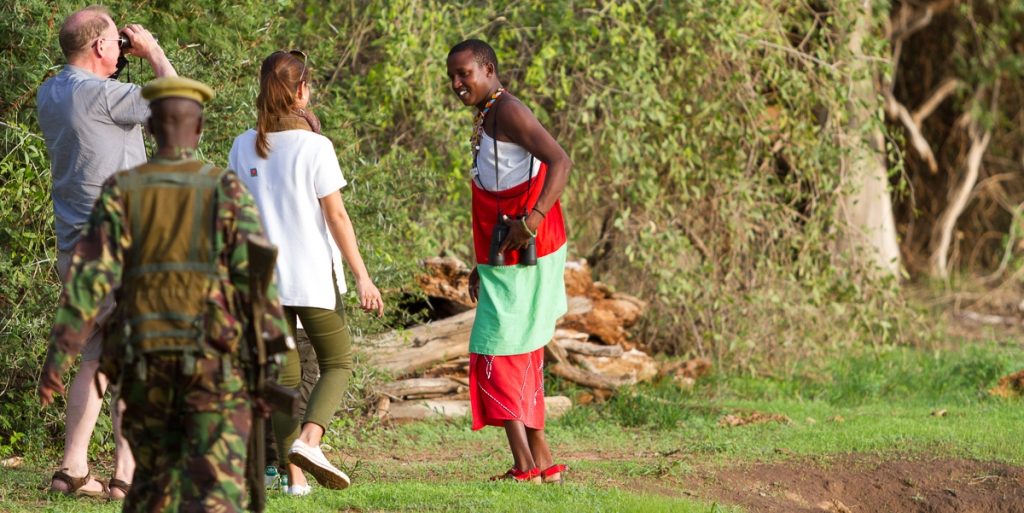
Interesting Places In Kenya
We have narrowed it down for you Browse through. In Here we present the Best of Kenya Safaris Africa, the best Kenya safari accommodations and the Best Kenya safari Africa destinations.
MASAI MARA NATIONAL PARK
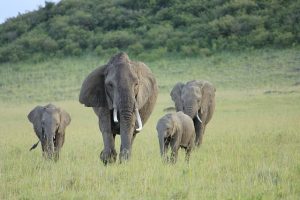
The Masai Mara, one of the most breathtaking game reserves, is well-known for the Masai people who live here and care for the area. From July through October, when animals such as zebra and wildebeest migrate from the Serengeti to this area.
MOUNT KENYA NATIONAL PARK
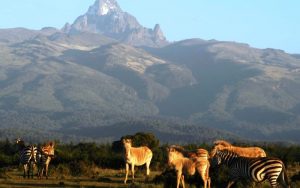
Mt. Kenya, the second-highest summit in Kenya and a UNESCO World Heritage Site. It is currently one of the top tourist destinations in Kenya and has grown into a full-fledged tourist magnet recognized for its thrilling wildlife safari tours.
LAKE NAKURU NATIONAL PARK
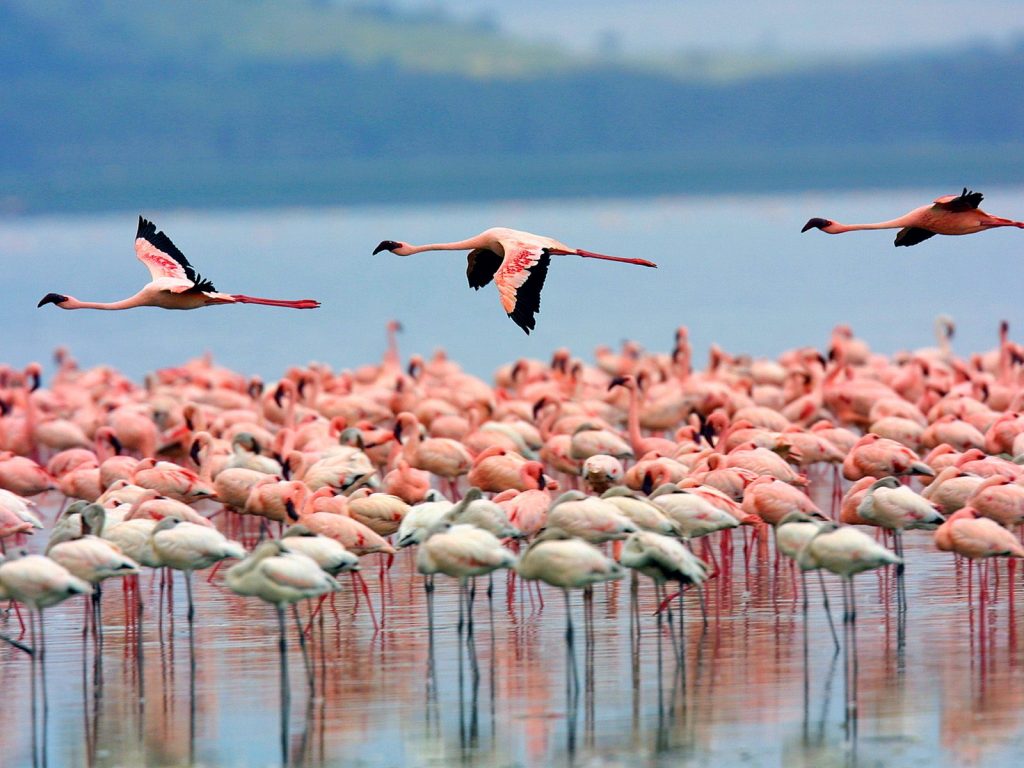
Lake Nakuru, located in Kenya’s rift valley in the center of Nairobi, is a haven for many different bird species. Enjoy activities like camping and picnics on the stunning rocky view spots in the park, bird watching, game viewing, and many other things.
SAMBURU NATIONAL RESERVE
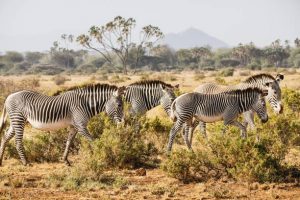
On the banks of the Ewaso Ngiro River is the Samburu National Reserve, a popular game reserve where visitors may unwind and see a variety of wildlife, including the Grevy Zebra, Somali Ostrich, Reticulated Giraffe, Gerenuk, and Beisa Oryx.
